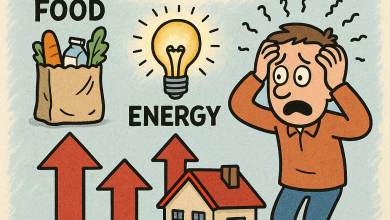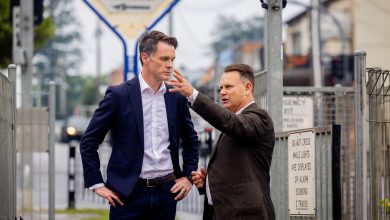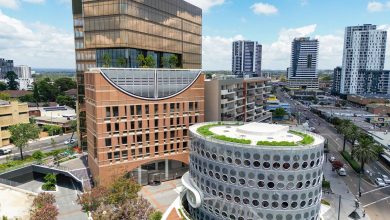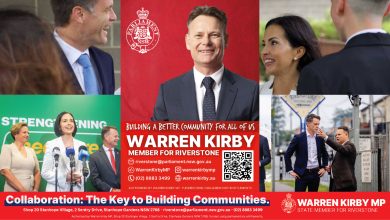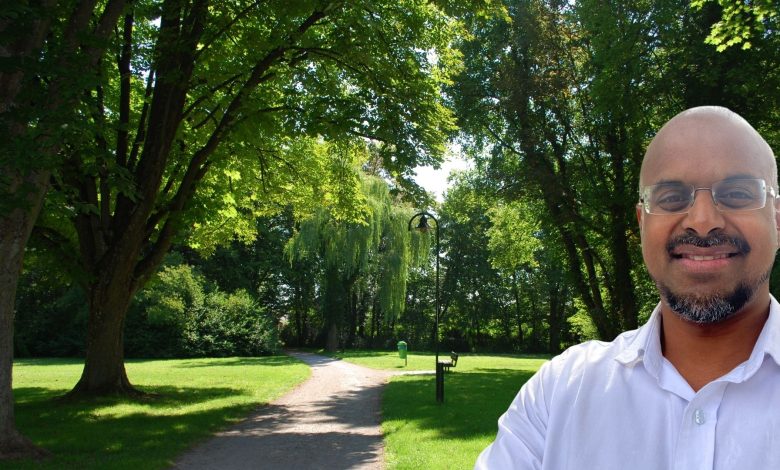
This year’s federal election offered the clearest evidence yet of a fascinating realignment unfolding in the Hills District and north-west Sydney.
As a kid growing up in the West Pennant Hills valley during the 1980s and 90s, the Liberal vote wasn’t counted, it was weighed. Federal, state, council: the result was never in doubt. A neighbourhood parlour game involved guessing which other house on the street had dared vote Labor.
Three decades on, the map is being recoloured. Former conservative bastions Mitchell and Berowra, once synonymous with stalwarts like Alan Cadman and Philip Ruddock, are now marginal. Parramatta and Greenway are virtually Labor heartland, boasting double-digit margins.
In an extraordinary development in my childhood backyard, Labor narrowly won two of the three West Pennant Hills booths and took themajority in Baulkham Hills. Cherrybrook and Castle Hill were line-ball. Notwithstanding the Liberal Party’s continuing strength in prepoll and postal votes, the Hills was a genuine 50-50 contest when it came to election day.
I spent all day captaining the Labor booth at Epping Church of Christ, an area I understand well from having run previously as the Labor State Candidate against Dominic Perrottet. It’s a microcosm of greater Epping: tree-lined streets, gracious bungalows, new and weatherbeaten apartments, a mix of established residents, young people, and first and second generation migrants, Chinese, Korean and Indian diaspora. Most people were poker-faced, quietly accepting how-to-vote cards or brushing them off with polite indifference.
But the result was jaw-dropping. In the Berowra section of the booth, Labor won a two-party result of 70-30. In Parramatta: 75-25. Across the northern stretches of the Parramatta LGA — Carlingford, North Rocks, Northmead — Labor recorded swings of up to 20%. In Winston Hills, once deep blue territory, the two-party result was practically a dead heat.
These weren’t just wins; they were warnings. History shows Australian governments typically get two terms. A couple of voters in line told me as much. “I’ll be more critical of them next time,” promised a middle-aged woman in Epping. The Liberals, meanwhile, self-sabotaged. From Jane Hume’s clumsy breakfast TV quip about “Chinese spies” at Labor booths to the forced backflip on banning public servants working from home, in Sydney’s north-west, they paid the maximum price for a campaign of gaffes, reversals and botched policies.
The region is transforming. The North West Metro has spurred vertical growth and demographic churn. A growing number of professionals are moving in, drawn by proximity to employment in Parramatta, Norwest and Macquarie Park. Students catch public transport to Macquarie Uni or campuses across Western Sydney. Young families, many from migrant backgrounds, chase prestigious school catchments and elite private offerings.
The electorate in Sydney’s north-west has grown more educated, urban and environmentally conscious. Pride in the area’s bushland, waterways and neighbourhood character runs deep. What began as a teal insurgency in places like Warringah and Wentworth is edging west — forming a kind of “green belt” similar to the one in metropolitan London through the Hills and Hornsby, along the T9 Northern line and across Parramatta’s uppermost fringe.
Parramatta itself now houses more than 10,000 public servants, including several federal government offices. Centrelink. ABS. Aged Care Commission. Home Affairs. In a region like this, it’s not hard to imagine how Peter Dutton’s plan to axe 41,000 public sector jobs and ban remote work would have been received.
The swing to Labor in these seats wasn’t a fluke. In areas with high concentrations of renters, migrants, students, professionals and public sector workers, the Liberals ran into a perfect storm. But political coalitions and circumstances evolve. The Albanese Government will have to perform in its second term.
The parable of the Liberals in Sydney’s north-west shows that no party owns a postcode forever anymore.
Alan Mascarenhas is a former journalist, political speechwriter and state Labor candidate for Epping. He works for Business Western Sydney.


